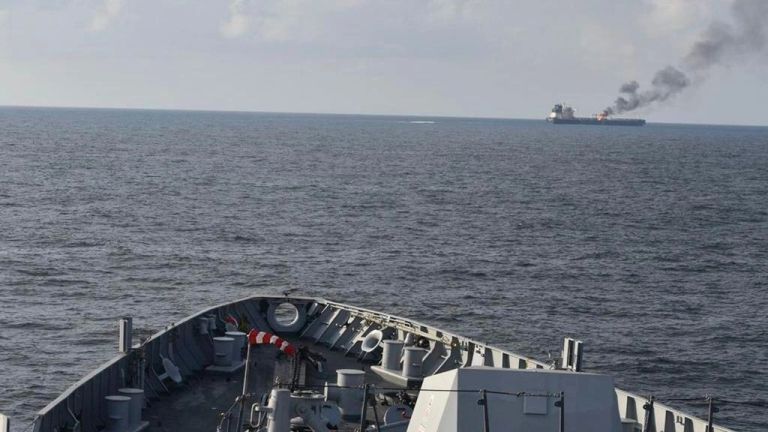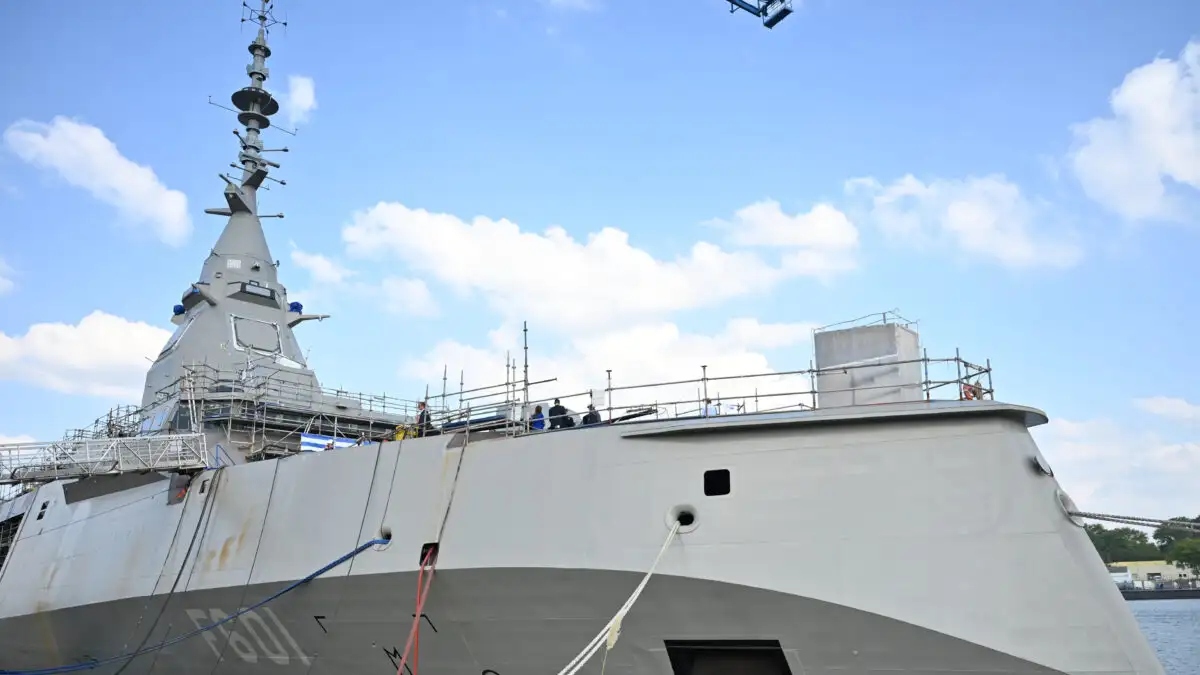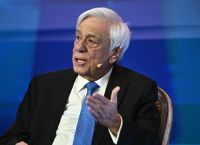Turkey’s Arms Boom Leaves Greece Scrambling for Answers

Πηγή Φωτογραφίας: eurokinissi//Turkey’s Arms Boom Leaves Greece Scrambling for Answers
Turkey’s rapidly expanding defense sector is reshaping the balance of power in the Eastern Mediterranean. Once heavily dependent on foreign suppliers, Ankara now boasts a robust, self-sufficient arms industry that shields it from embargoes and elevates its status in European capitals.
By contrast, Greece remains heavily dependent on imports, with officials privately admitting that the country struggles to achieve self-sufficiency “even in ammunition.” This dependency exposes Athens to both supply risks and political leverage in times of crisis.
Defense as Diplomacy
Turkey’s defense capabilities are no longer just military assets — they are diplomatic currency. Countries like Spain and Italy maintain extensive defense partnerships with Ankara, while other European nations eye Turkish drones, frigates, and missile systems as cost-effective alternatives in a volatile geopolitical landscape.
At the center of this success is Baykar, the drone manufacturer led by President Recep Tayyip Erdoğan’s son-in-law Selçuk Bayraktar. The firm’s combat-proven UAVs, deployed in conflicts from Libya to Ukraine, have become a flagship of Turkish technological prowess. For European partners wary of overreliance on U.S. systems, Ankara’s offer is increasingly attractive.
Greek diplomats in Brussels have raised alarms, warning that Turkey’s defense exports could entrench Ankara’s influence inside the EU, complicating efforts to pressure Erdoğan on issues ranging from migration to energy exploration.

Greece’s Strained Arsenal
Athens, meanwhile, is playing catch-up. Years of austerity left the Greek defense industry hollowed out, with few exceptions. Recent purchases — Rafale fighter jets from France, Belharra frigates, and Israeli weapons systems — have bolstered deterrence but have done little to revitalize domestic production.
There are flickers of progress:
- The reopening of Greek shipyards, particularly Skaramangas, though major contracts remain elusive.
- The launch of the Hellenic Center for Defense Innovation (ELKAK), designed to link startups with military needs.
- A new law requiring 25% of procurement budgets to flow into Greek industry — a measure that could strengthen local production if properly enforced.
Yet, even with these reforms, Athens faces a steep climb. While Turkey ranks among the world’s top arms exporters, Greece is still struggling to meet basic domestic needs.
Strategic Stakes
The implications stretch beyond military hardware. Turkey’s ability to export weapons — and with them, political goodwill — positions it as a competitive partner for European defense firms. For Greece, the challenge is not only to modernize its arsenal but also to rebuild the industrial backbone that can sustain its sovereignty in the long run.
In the words of one Greek defense analyst: “Turkey is turning arms into influence. Greece risks being left with influence on loan, tied to foreign suppliers.”
Source: pagenews.gr
Διαβάστε όλες τις τελευταίες Ειδήσεις από την Ελλάδα και τον Κόσμο






Το σχόλιο σας